
Overcoming the skills gap with robust, easy-to-use AI
When it comes to adopting new technologies, the legal sector has traditionally been more cautious than other industries. However, AI’s potential to transform legal workflows and unlock new levels of productivity is difficult to ignore. In fact, the industry is moving at speed: a recent study shows almost three quarters (73 percent) of legal practitioners plan to utilize AI in their legal work within the next year.
On a practical level, AI is evolving so quickly that across many practices, employees have varying levels of knowledge and understanding of how AI works, what tasks they should be using it for and the legal implications of using it. At the same time, if firms introduce AI solutions that require deep technical knowledge to use, skills gaps could become increasingly problematic.
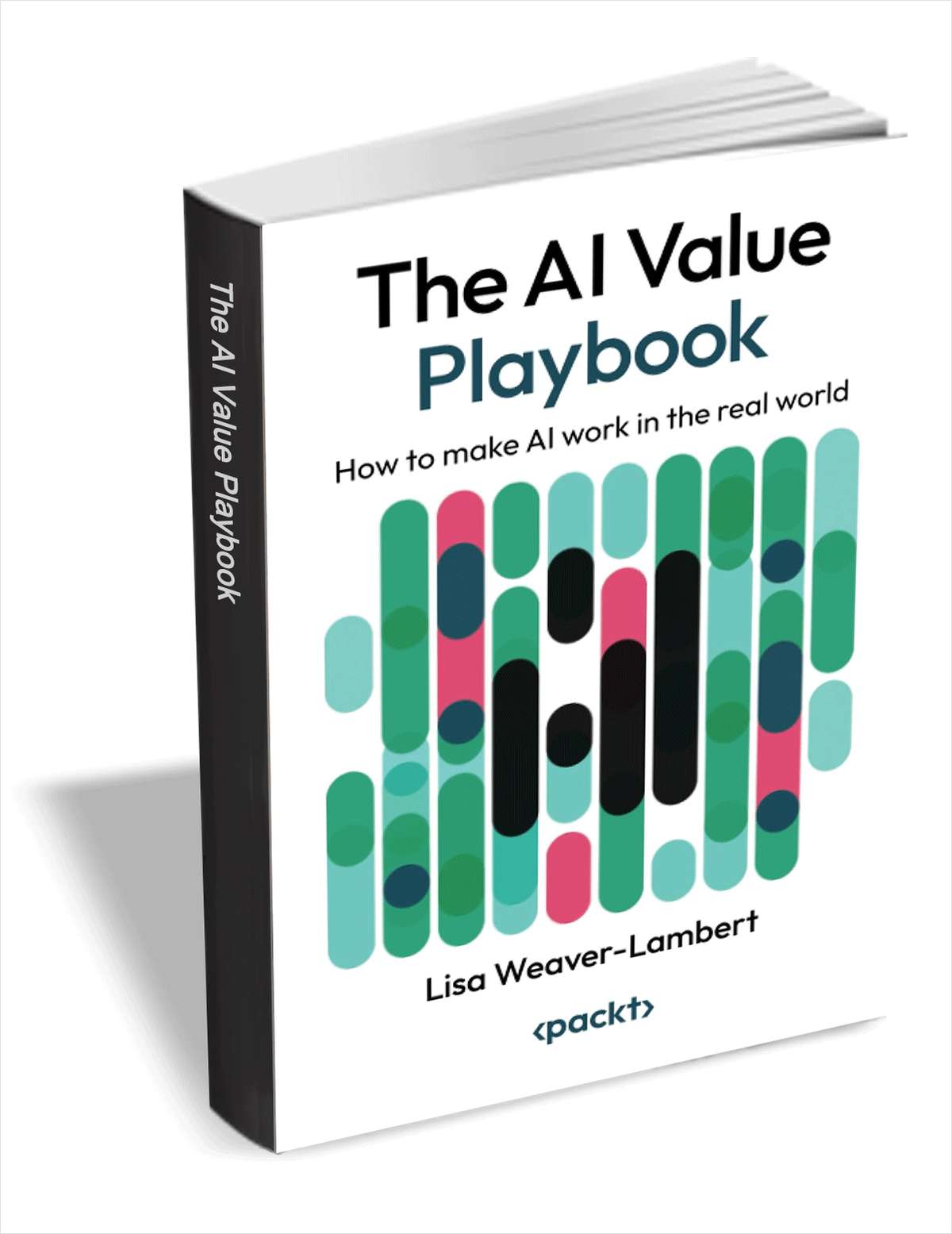
Get 'The AI Value Playbook' for FREE and save $35.99!
The AI Value Playbook is a crucial resource for those who want to understand how to leverage AI to drive business value, drawn from the firsthand experience of those who have been implementing this technology successfully.
The book focuses on questions frequently posed by leaders and boards. How can businesses adapt to these emerging technologies? How can they start building and deploying AI as a strategic asset to drive efficiency? What risks or threats need to be considered? How quickly can value be created? This book is a response to those demands.

AI and hiring
The advent of artificial intelligence inspired a great deal of fear in the workplace, especially regarding job displacement. As AI's potential became more apparent, workers in virtually every industry feared they would be replaced by an AI-driven alternative that could work faster and for less pay.
To date, those fears have been mostly unfounded. In fact, a recent study of nearly 3,000 different workplace skills determined none of them were “very likely” to be replaced by generative AI.

Microsoft’s answer to Apple Intelligence may be Windows Intelligence
Branding is important, and this is something we’ve already seen with digital assistants like Siri. Moving into the artificial intelligence era, companies have been falling over themselves to get their own stamp on their version of AI.
Apple has opted for the reasonably predictable “Apple Intelligence”, while Microsoft’s approach has been a little more haphazard. But now there are clues that suggest the company has finally come to understand the importance of giving people an overarching term to cover all of its AI-related offerings. Say hello to Windows Intelligence.

Microsoft shoves AI features into even more Windows 11 apps including Paint and Notepad
It seems that even legacy apps are not immune to artificial intelligence. Microsoft has just rolled out a new Insider build of Windows 11 that sees the arrival of AI-powered features in Paint and Notepad.
While these are both stalwarts of the Windows app arena, they also feel like unusual targets for updating with such cutting-edge features. But this is precisely what Microsoft is doing, furnishing Notepad with a handy AI-driven Rewrite feature, and Paint with clever fill and erase options.

Is AI a double-edged sword for lawyers?
The legal industry is not traditionally recognized as one that is quick to embrace change, but recently, some professionals have been embracing emerging technology maybe a little too quickly, leading to all kinds of problems. The use of generative AI tools has exploded in popularity since OpenAI’s ChatGPT debuted in late 2022, and some lawyers have turned to this generative AI (GenAI) technology to help them with everything from legal research to contract drafting.
However, these GenAI models aren’t foolproof. In fact, they’re likely to “hallucinate” information that seems accurate but is actually entirely made up. If lawyers using this tech don’t take the time to double-check their outputs, they run the risk of working with factually incorrect information, which is embarrassing at best and grounds for legal repercussions at worst.
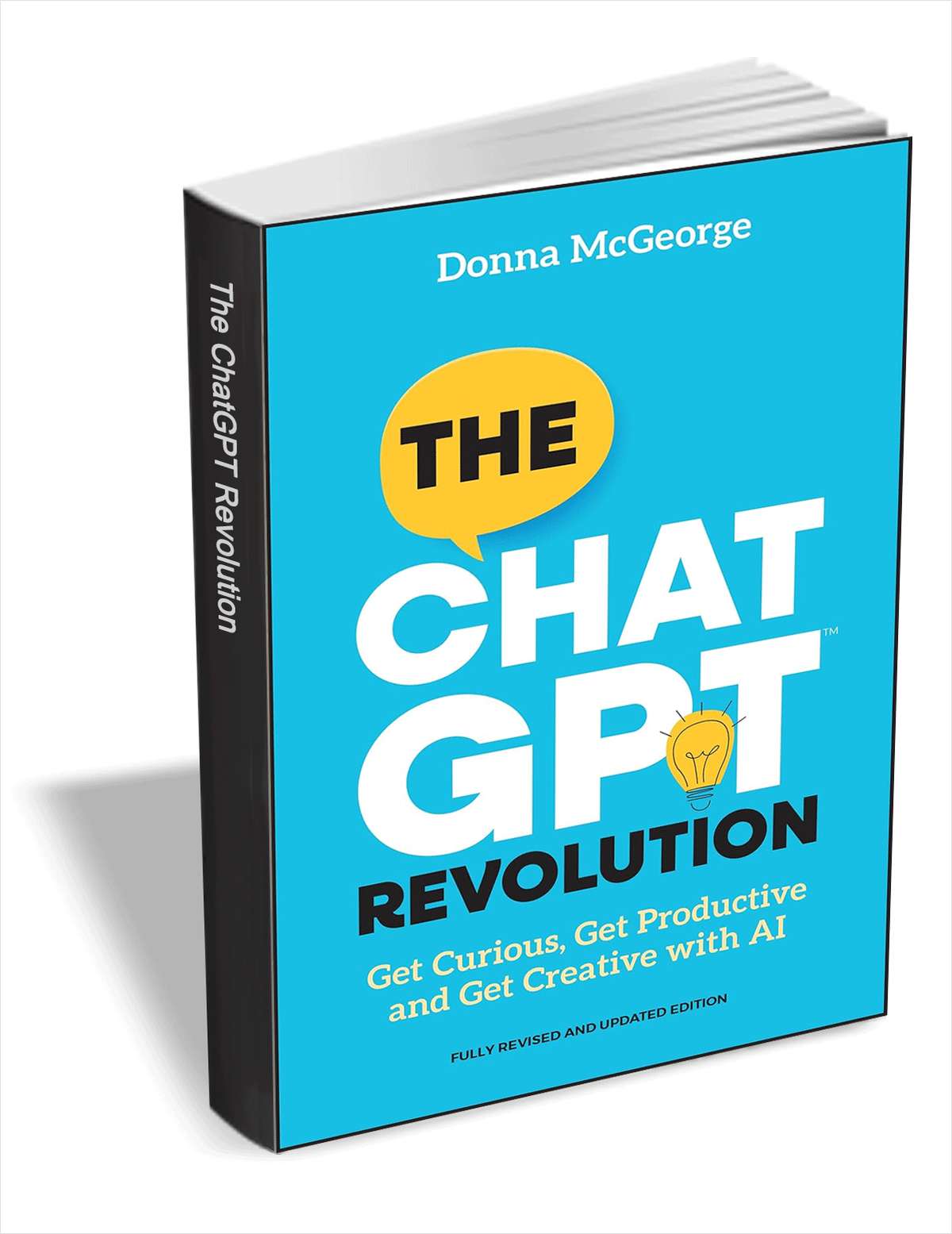
Save $12! Get 'The ChatGPT Revolution' for FREE
Learn how to simplify your life with AI in The ChatGPT Revolution -- now fully updated and revised, with even more ideas to spark creativity and boost efficiency.
The ChatGPT Revolution is the ultimate quick-start guide to unlocking the power of generative AI. We’re on the edge of an AI revolution… but what does that mean for you? It’s time to get curious about how the latest tech can help you handle your everyday load, at work and at home! Whether you’re overwhelmed by repetitive, time-consuming tasks or you’re simply looking for a fresh injection of creativity, ChatGPT has got your back.

Developers' guide: 8 ways to fast-track AI integration
AI empowers developers to co-create the software that powers our world with greater efficiency and improved security. That’s why businesses are already making significant investments in AI. According to GitLab’s 2024 DevSecOps report, 98 percent of UK respondents said they are currently using AI in software development or plan to use it. It’s therefore no surprise that today, many companies are shipping software at least twice as fast as last year.
Here are eight ways developers can tap into AI’s potential:
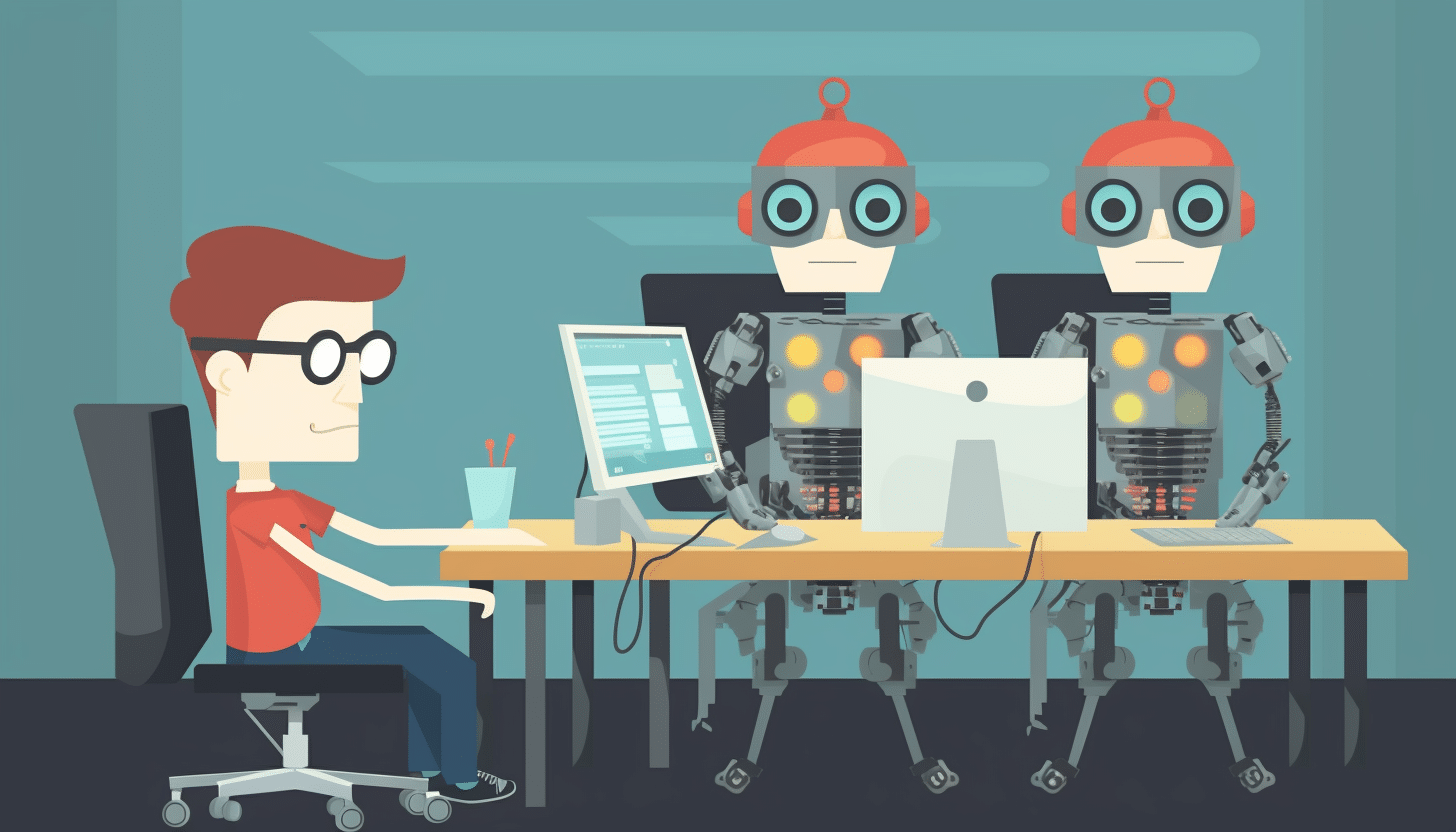
Will AI change the makeup of software development teams?
With the increased popularity of artificial intelligence technology, many human workers have expressed concern that AI models will replace them or make their positions obsolete. This is particularly the case with occupations like coding and software design, where artificial intelligence has the opportunity to automate several essential processes. Although AI is a powerful tool that has the potential to revolutionize the coding process, the role of human workers is still invaluable, as this technology is still in its infancy.
Software development teams are among the ranks of workers most profoundly affected by the AI revolution. Some of the ways in which software development teams have begun to use artificial intelligence include:
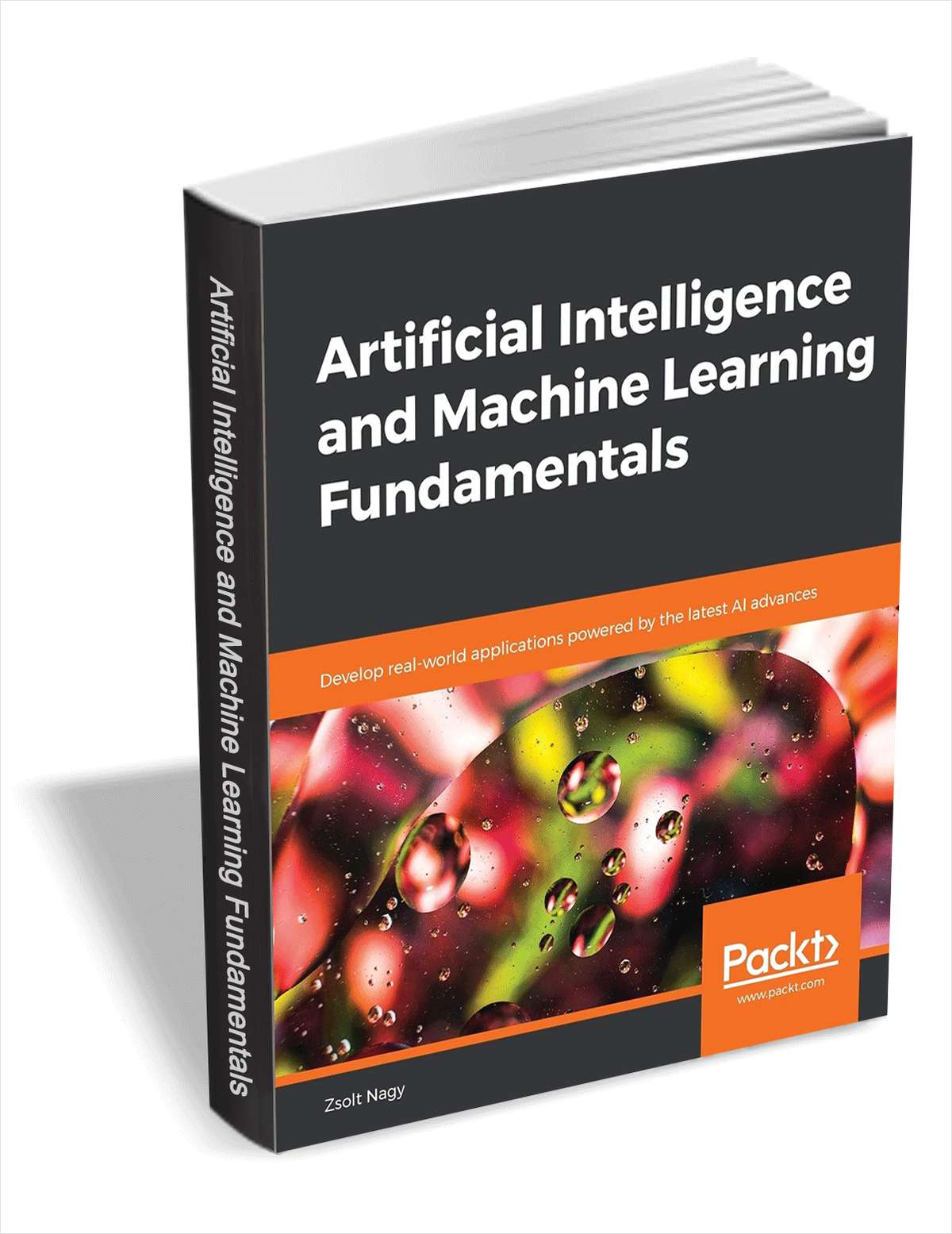
Save $25.99! Get 'Artificial Intelligence and Machine Learning Fundamentals' for FREE
Machine learning and neural networks are pillars on which you can build intelligent applications. Artificial Intelligence and Machine Learning Fundamentals begins by introducing you to Python and discussing AI search algorithms.
The book covers in-depth mathematical topics, such as regression and classification, illustrated by Python examples. As you make your way through the book, you will progress to advanced AI techniques and concepts, and work on real-life datasets to form decision trees and clusters.

Tackling information overload in the age of AI
Agile decision-making is often hampered by the volume and complexity of unstructured data. That’s where AI can help.
In 2022, the U.S. Congress passed the Inflation Reduction Act (IRA), which allocated billions in investment to clean energy. This set off a race among private equity and credit firms to identify potential beneficiaries -- the companies throughout the clean energy supply chain that may need additional capital to take advantage of the new opportunities the IRA would create. It turned out to be quite a data challenge.
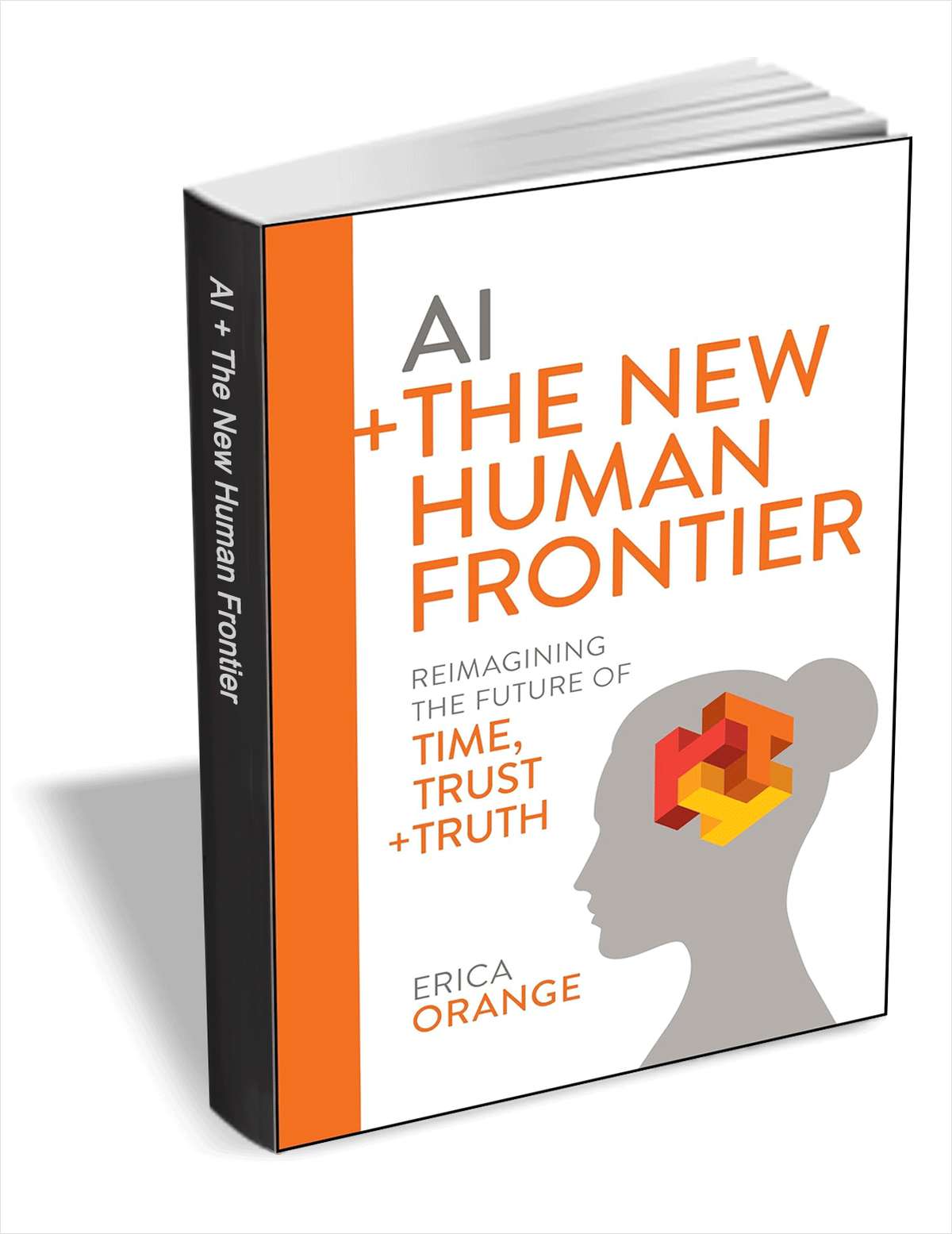
Save $18! Get 'AI + The New Human Frontier: Reimagining the Future of Time, Trust + Truth' FREE for a Limited Time’ for FREE
AI + The New Human Frontier: Reimagining the Future of Time, Trust + Truth by Erica Orange, a renowned futurist, offers a compelling exploration of generative AI's potential to enhance human creativity rather than replace it. This pivotal book navigates how AI tools will help shape the human experience, and aid in augmenting human ingenuity and imagination.
The author eloquently argues that the essence of human intelligence -- our curiosity, critical thinking, empathy, and more -- is not only irreplaceable but will become increasingly valuable as AI evolves to take on routine tasks. AI + the New Human Frontier is a clarion call for embedding trust, human oversight and judgement into AI development, ensuring that the technology amplifies our most human capabilities. At a time when the lines between what is real, fake, true and false are becoming more blurred, reliance on human-centric solutions, not just technological ones, will become more critical.

The biggest mistake organizations make when implementing AI chatbots
Worldwide spending on chatbots is expected to reach $72 billion by 2028, up from $12 billion in 2023, and many organizations are scrambling to keep pace. As companies race to develop advanced chatbots, some are compromising performance by prioritizing data quantity over quality. Just adding data to a chatbot’s knowledge base without any quality control guardrails will result in outputs that are low-quality, incorrect, or even offensive.
This highlights the critical need for rigorous data hygiene practices to ensure accurate and up-to-date conversational AI software responses.

KT and Microsoft announce five-year AI partnership aimed at transforming Korean industries
KT Corporation and Microsoft have entered into a five-year partnership focusing on artificial intelligence (AI), cloud technologies, and IT business development. The collaboration includes both a financial investment from KT and resource support from Microsoft, with the aim of advancing AI services and innovation in South Korea.
As part of the partnership, the two companies will focus on five key areas, including the development of customized AI solutions for Korea. This effort will involve creating tailored versions of Microsoft’s GPT-4 and small language models using KT’s data. These AI models will be used in a variety of applications, including customer service chatbots and industry-specific solutions for businesses.

The newest AI revolution has arrived
Large-language models (LLMs) and other forms of generative AI are revolutionizing the way we do business. The impact could be huge: McKinsey estimates that current gen AI technologies could eventually automate about 60-70 percent of employees’ time, facilitating productivity and revenue gains of up to $4.4 trillion. These figures are astonishing given how young gen AI is. (ChatGPT debuted just under two years ago -- and just look at how ubiquitous it is already.)
Nonetheless, we are already approaching the next evolution in intelligent AI: agentic AI. This advanced version of AI builds upon the progress of LLMs and gen AI and will soon enable AI agents to solve even more complex, multi-step problems.
